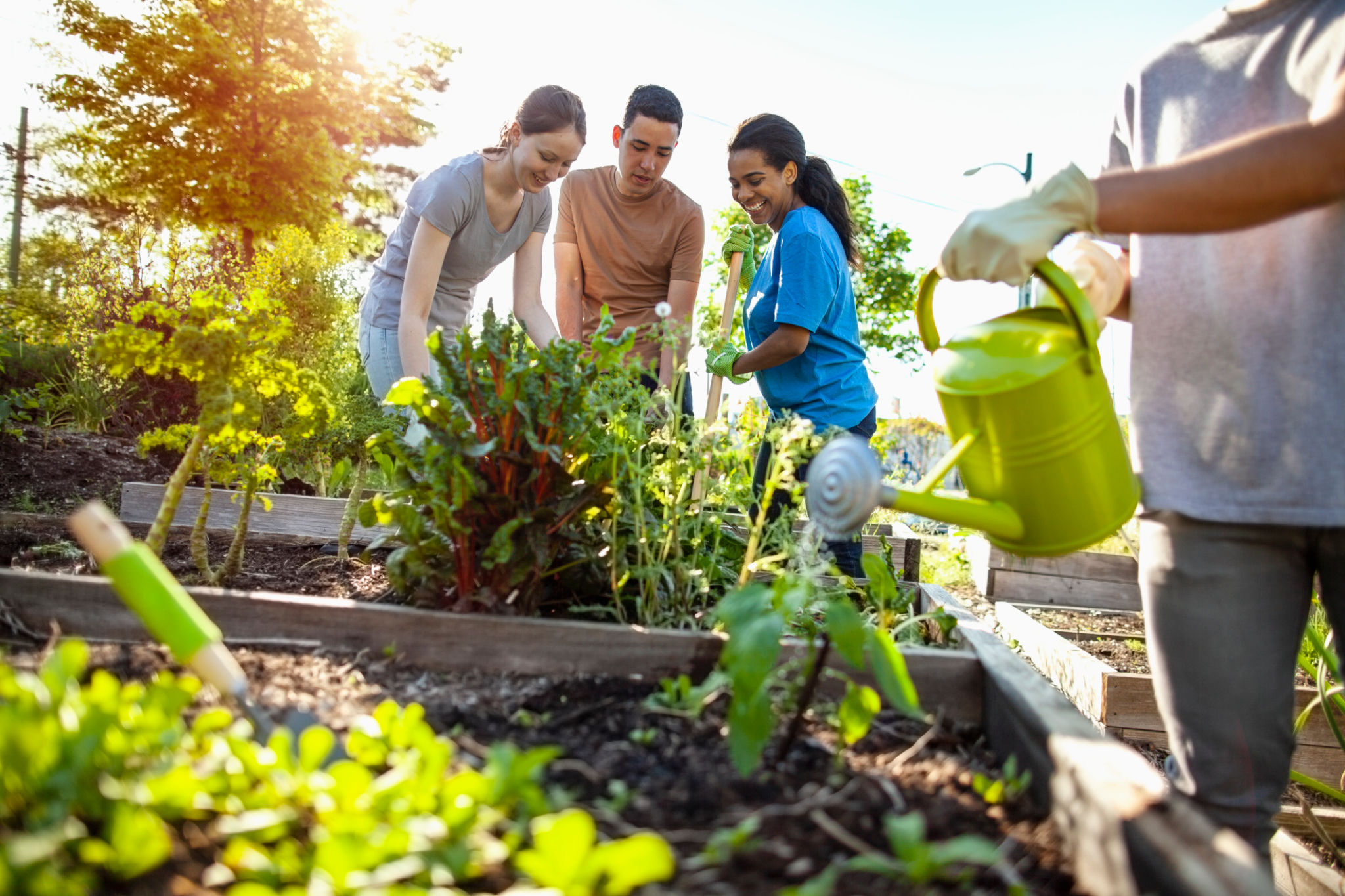Case Study: Transforming a Local Garden with Expert Soil Screening
Introduction to Soil Screening
Transforming a local garden into a thriving oasis involves more than just planting beautiful flowers and shrubs. One critical step often overlooked by amateur gardeners is soil screening. This process ensures the soil is in prime condition to support a lush and vibrant garden.
Soil screening involves analyzing the soil to determine its composition, nutrient levels, and pH balance. This information is crucial for making informed decisions about what plants will thrive in particular conditions and what amendments might be necessary.

The Importance of Soil Screening
So why is soil screening so important? For starters, it helps identify any deficiencies in the soil that could hinder plant growth. By understanding the nutrient levels, gardeners can add the right fertilizers to create a balanced environment that promotes healthy plant development.
Furthermore, soil screening can reveal any contaminants present, such as heavy metals or pesticides, which could be harmful to both plants and humans. Addressing these issues before planting ensures a safer and more sustainable garden.
Choosing the Right Plants
With the results of a soil screening in hand, gardeners can make informed decisions about which plants will thrive in their garden. Different plants have varying requirements for nutrients and pH levels. For instance, azaleas prefer acidic soil, while lavender thrives in more alkaline conditions.

Implementing Soil Amendments
Once the soil has been analyzed, the next step is to implement any necessary amendments. This might include adding organic matter like compost to improve soil structure and fertility or applying lime to adjust pH levels. The goal is to create an optimal growing environment tailored to the specific needs of the chosen plants.
Amendments should be mixed thoroughly into the soil to ensure even distribution. Regular testing and monitoring can then be conducted to track progress and make additional adjustments as needed.
Case Study: A Local Garden Transformation
Consider the transformation of a local community garden that underwent expert soil screening. Initially plagued by poor plant growth and low yields, the soil was tested and found to be deficient in nitrogen and overly compacted.

After implementing targeted amendments, including nitrogen-rich fertilizers and organic matter to improve aeration, the garden saw a remarkable transformation. Plants became more robust, flowering plants bloomed more vibrantly, and vegetable yields increased significantly.
The Benefits of Professional Soil Screening
While DIY soil testing kits are available, professional soil screening offers more comprehensive analysis and expert recommendations tailored to specific gardening goals. Professionals can provide insights into complex issues such as soil microbiome health and long-term sustainability strategies.
For those serious about transforming their garden into a flourishing sanctuary, investing in professional soil screening can yield substantial benefits that go beyond what a simple DIY test can offer.
Conclusion
In conclusion, expert soil screening is a vital step in transforming any local garden into a thriving ecosystem. By understanding the unique characteristics of their soil, gardeners can make informed decisions that lead to long-lasting beauty and productivity.
Whether you're a seasoned gardener or just starting your journey, consider incorporating soil screening into your gardening routine. It could be the key to unlocking your garden's full potential.